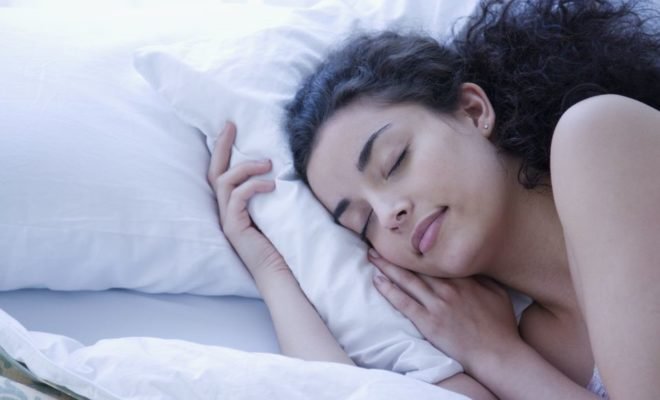20 Tips for A Better Sleep

A good night’s sleep begins with good sleep hygiene. The following sleep tips will help you to prevent or prevent insomnia.
1. Sleep as much as possible around the same time and get up around the same hour, even on weekends. This helps to develop a fixed sleep-wake rhythm, and it promotes the quality of sleep. But do not overdo it: do not go to bed until you feel drowsy, not just because the clock says it is bedtime. Sleeping one night less is not a disaster. Go to bed when you feel drowsy, even if your ‘normal’ bedtime has not yet arrived.
2. Not everyone needs eight hours of sleep. Sleep as enough as you need to feel rested and refreshed the next day. By limiting time in bed, sleep is automatically improved. Spending too much time in bed leads to interrupted and superficial sleep. It can be useful and instructive to write down for a while at what time you go to sleep, for how long you are awake, at what time you get up, how rested you are the next morning …
3. Provide a quiet and comfortable sleeping environment. Sleep in a quiet, low-noise, dark room. Wear earplugs in a noisy environment. Make sure not to light a light in the bedroom. Turn off all luminous devices (e.g., TV).
4. Illuminate the room in the morning immediately upon standing up. A lot of light in the morning helps our biological clock. In the evening before bedtime, make sure that there is subdued light.
5. Ventilate the bedroom regularly and ensure a temperature of around 16-18 ° C.
6. Provide a good quality of mattress and pillow. It is difficult to fall asleep on a mattress that is too hard or too soft, or in a bed that is too small or too old. The thickness and firmness of the mattress depending on your weight and body shape. The pillow must adequately support the neck vertebrae. Use sheets in natural fabrics. Avoid tight clothing in bed and do not wear nylon bedding.
7. Restless partners and snorers can easily ruin someone’s night’s sleep. The result is usually bad sleep. Separate sleeping and earplugs are often the only tools, however annoying this may be.
8. Reserve the bedroom for sex and sleep, not to watch TV or work.
9. Make it a habit to sleep alone in bed and not fall asleep every night before TV. Many naps during the day can disrupt your sleep-wake rhythm and prevent a good night’s sleep. If you still want to take a nap, do it before 3 p.m. and make sure that the rest is no longer than 45 minutes.
10. Your activities during the day strongly influence your night’s rest: ensure a good alternation between exercise and relaxation. Daily training in the morning or early afternoon improves sleep. However, strenuous activities just before going to bed may prevent rest. Do not start exercising just before bedtime.
11. Avoid TV, computer games, surfing the internet, twittering, etc. just before bedtime.
12. Both hunger and a full stomach can prevent you from falling asleep. Do not eat a big meal before you go to bed. It is best not to eat 2 to 3 hours before bedtime. A light snack before bedtime can promote sleep.
13. Avoid drinking large amounts of water in the evening to avoid getting out of bed nightly to urinate.
14. In the evening, limit the use of stimulants such as tobacco, coffee, cola, etc. Never smoke in bed.
15. Those who drink a lot of alcohol in the evening will sleep faster but sleep less deep and wake up earlier.
16. Do not bring your problems to bed: make sure that you keep them out of the bedroom in one way or the other, for example by talking or writing about it.
17. Try to relax before bedtime. Enjoy a warm bath, listen to relaxing music, go for an evening stroll … Relaxation exercises right before you go to bed can help you sleep.
18. Keep the alarm clock out of sight if the sound interferes with you or if you tend to watch the alarm clock always. Conversely, put the alarm clock insight if you are restless by the morning because you want to know what time it is.
19. If you do not feel asleep, do not worry, but get up after about 20 minutes and do something else till you get dozing.
20. Avoid sleeping pills. Occasional and short-term use of a short-acting sedative may be useful to adjust a temporary disturbance of the sleep/wake rhythm (e.g., when traveling, sleeping in another bed, etc …). Do not use a sleeping pill more than two to three times a week.


















